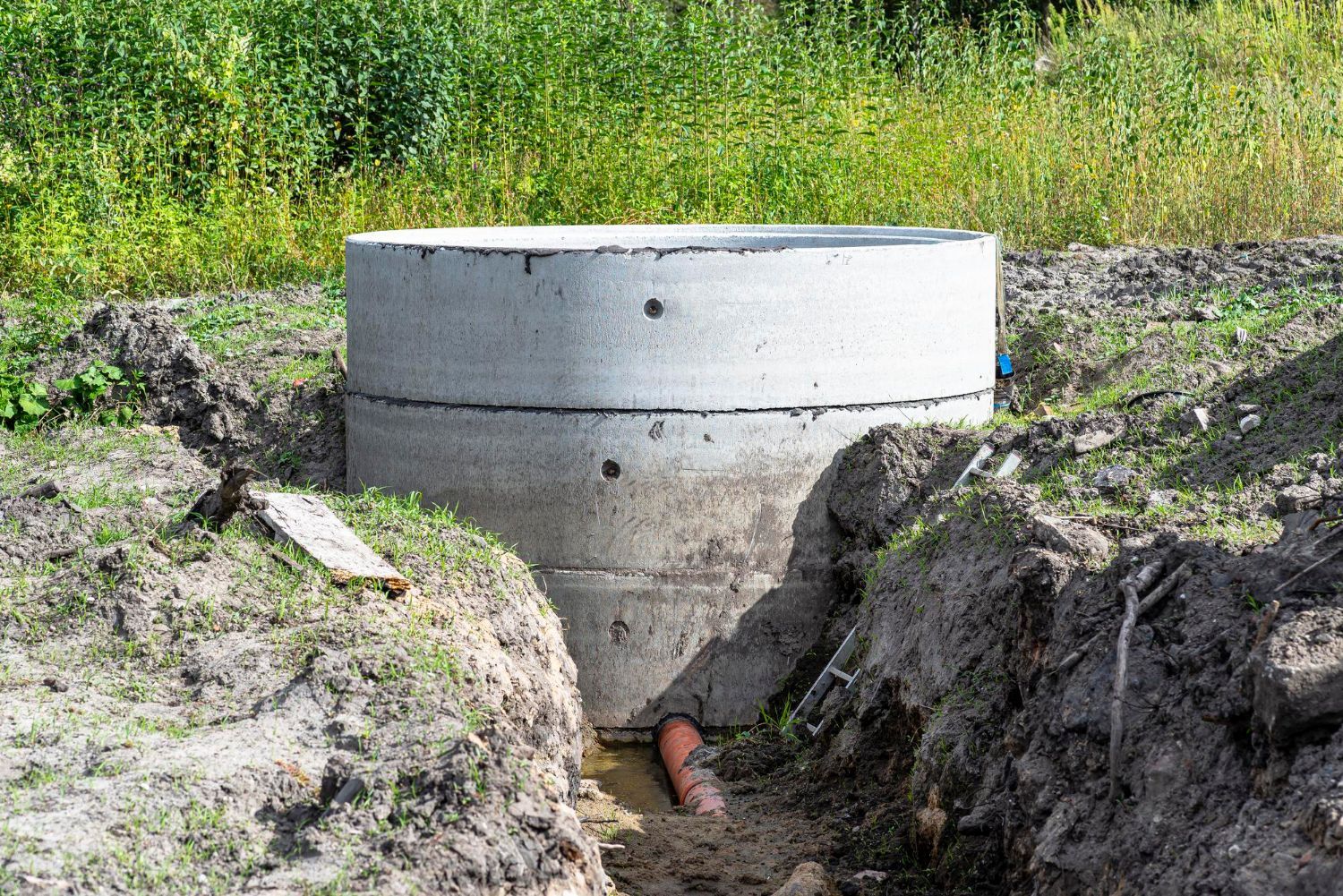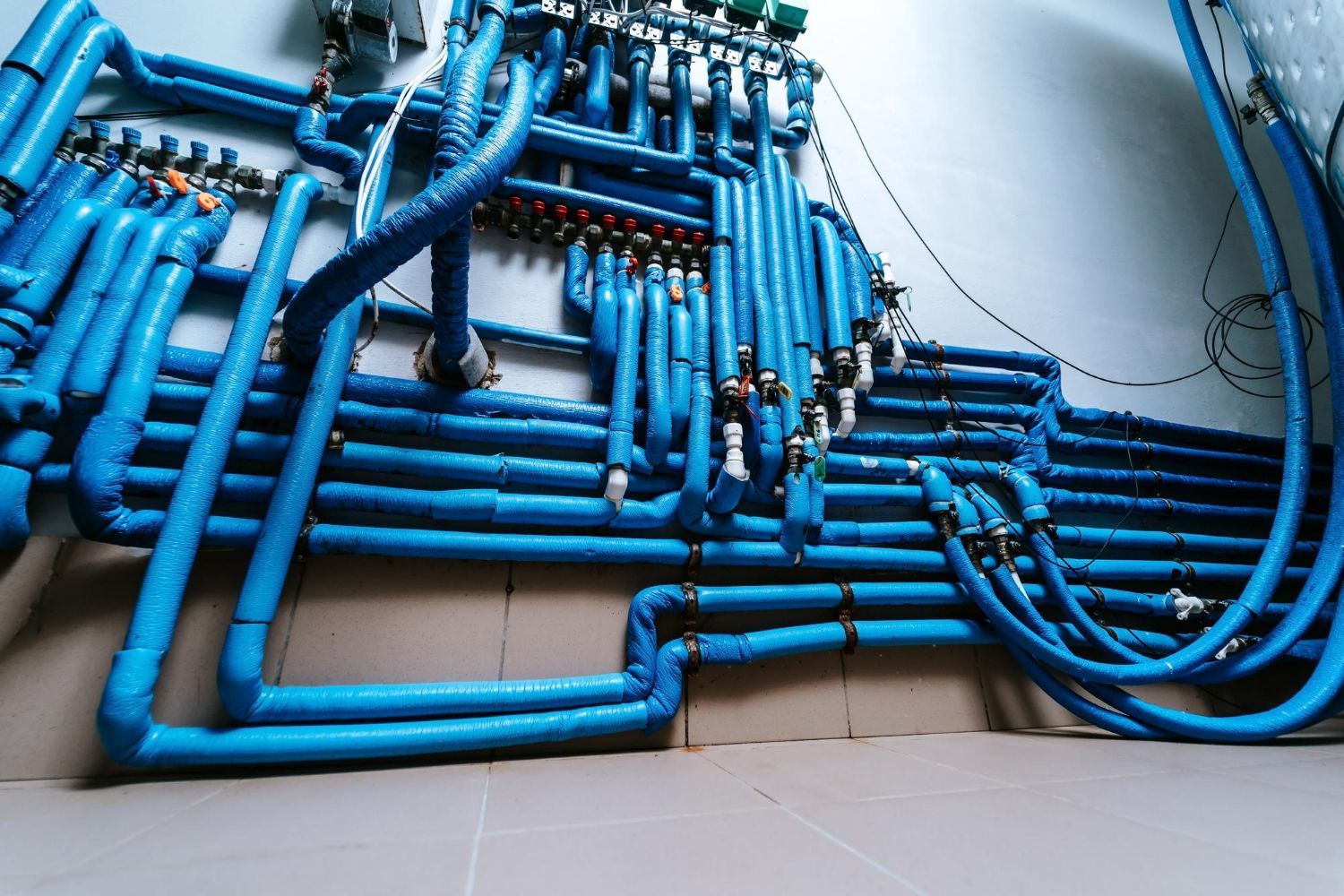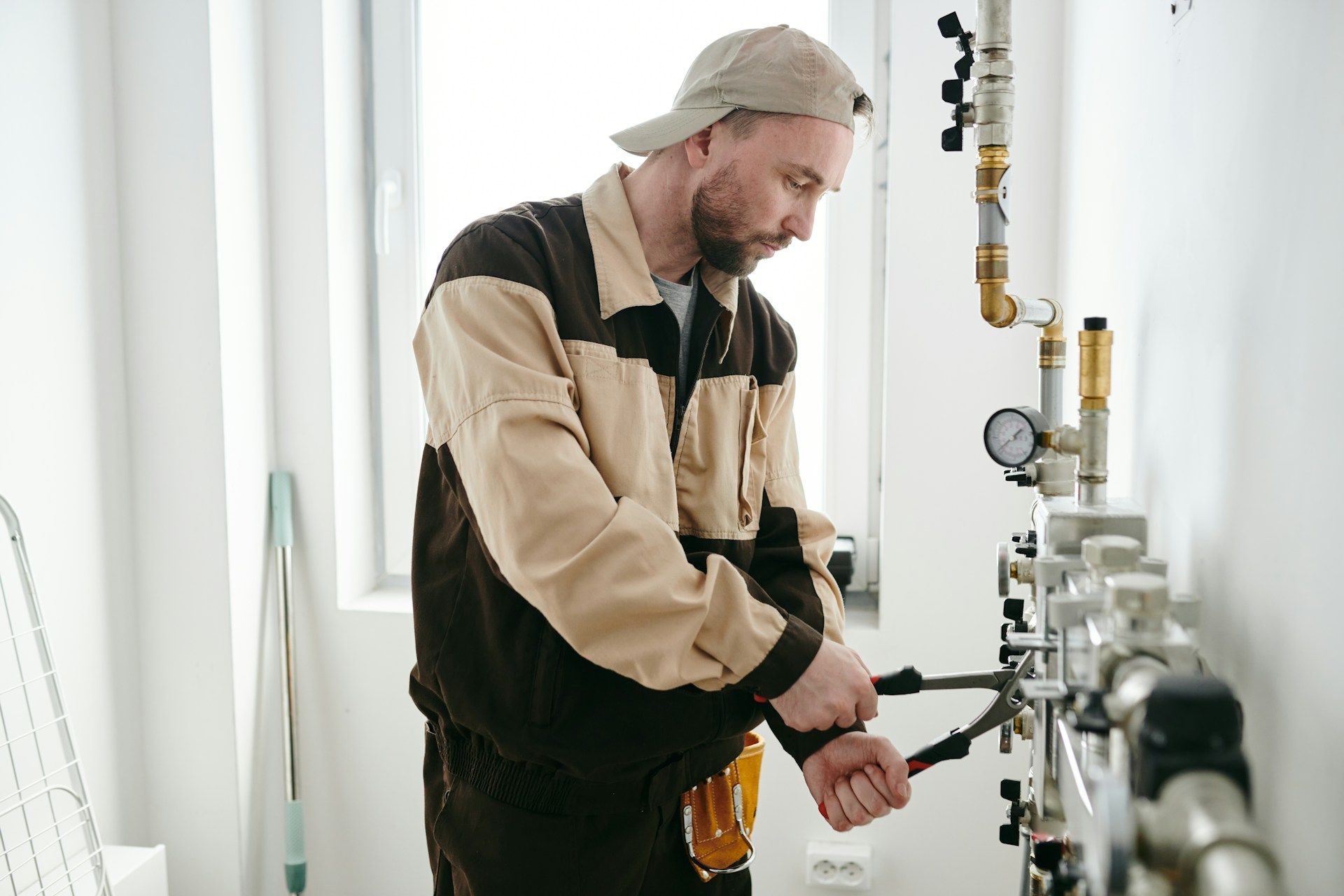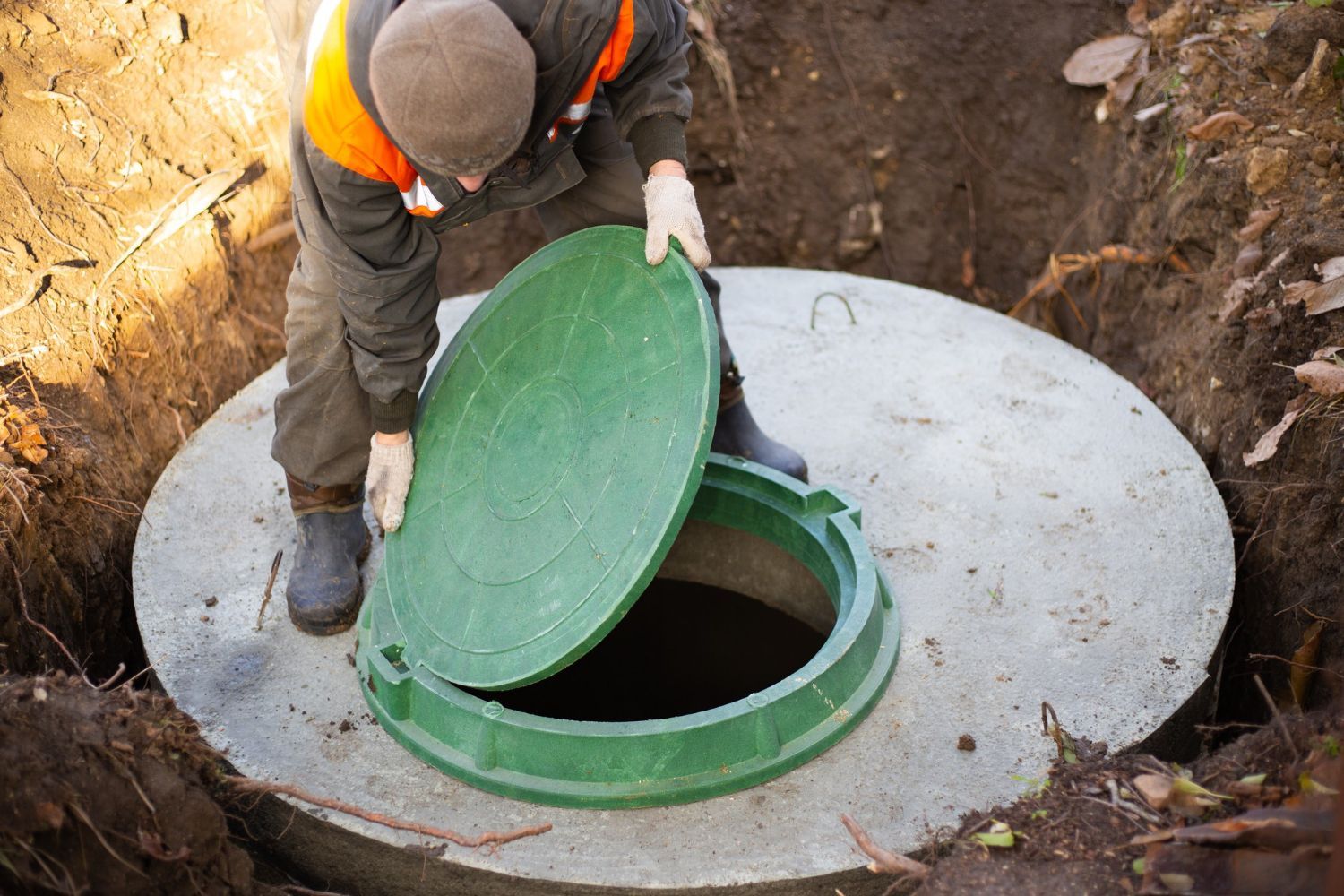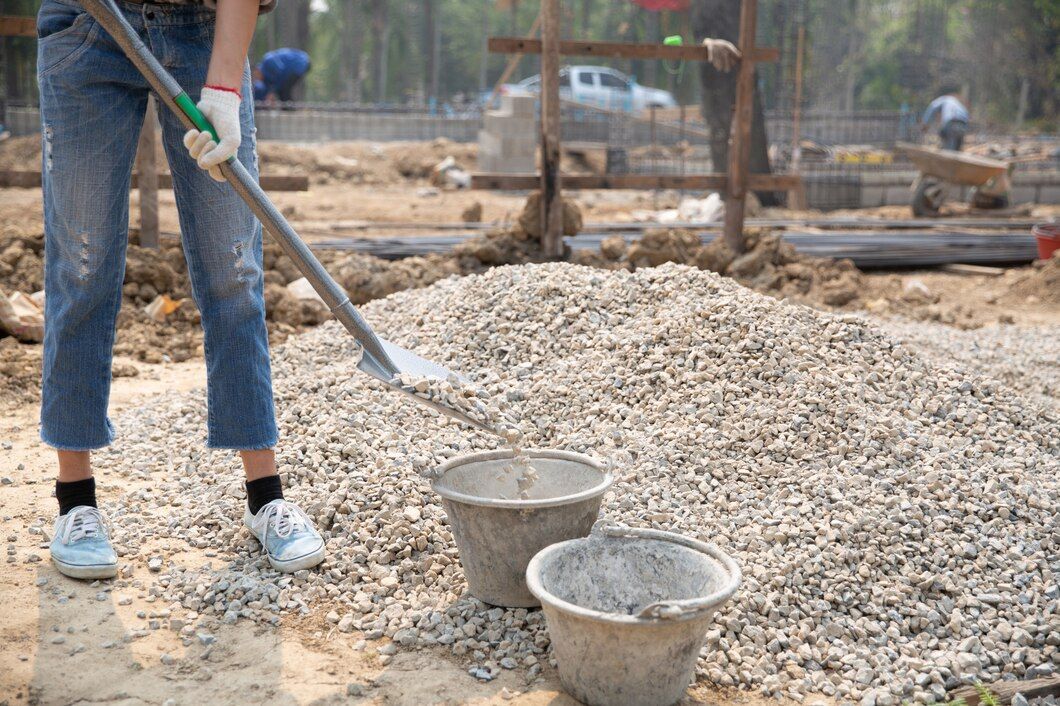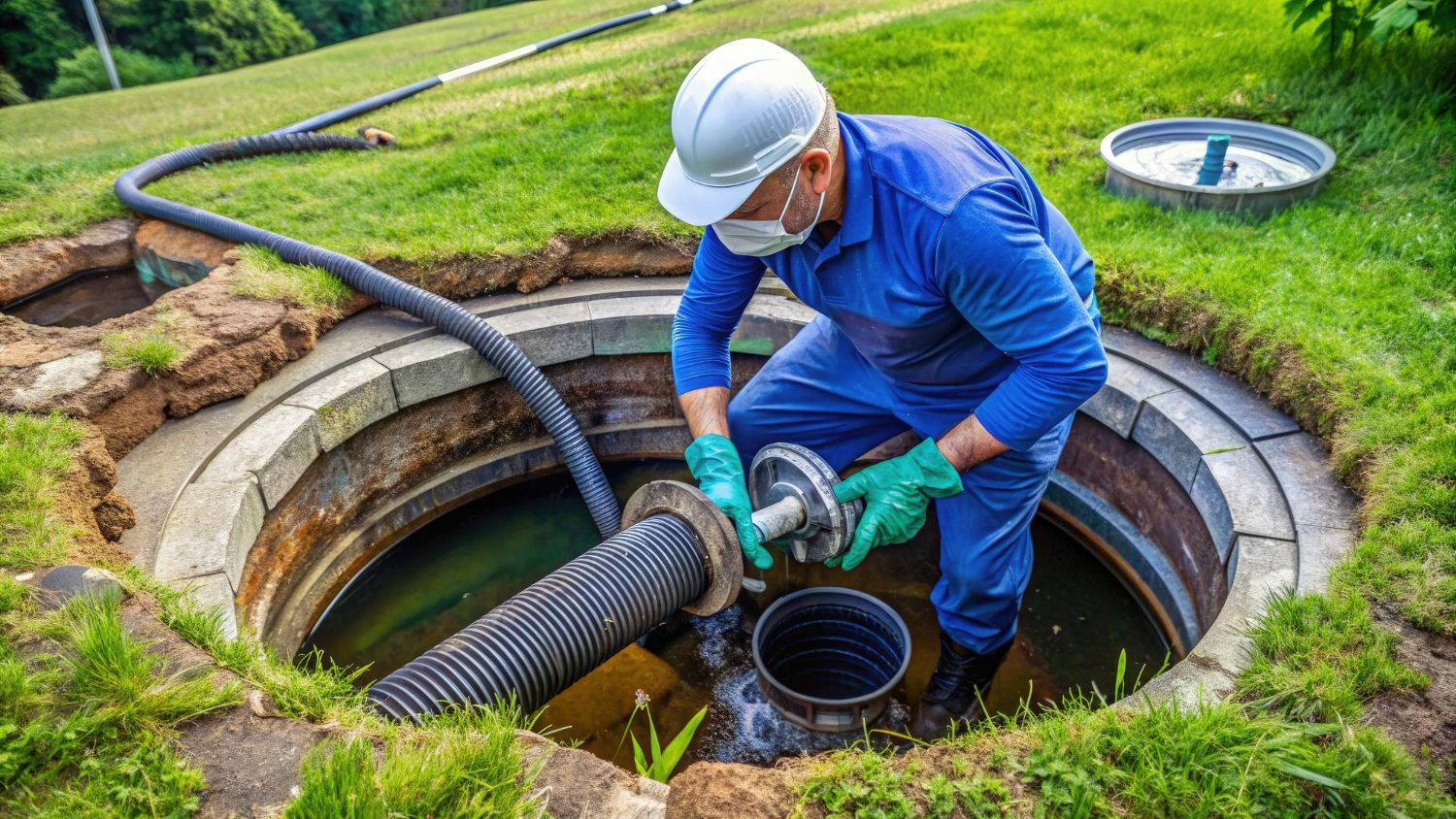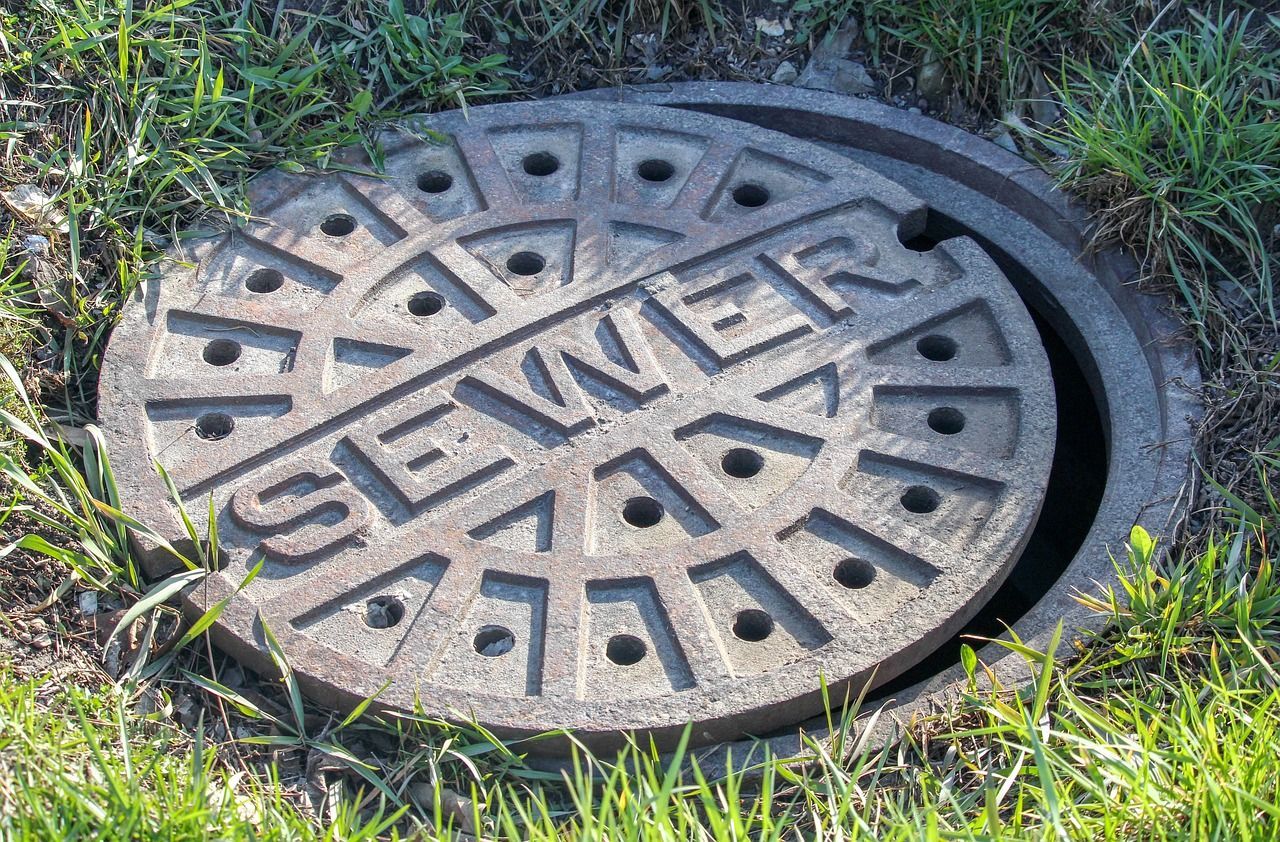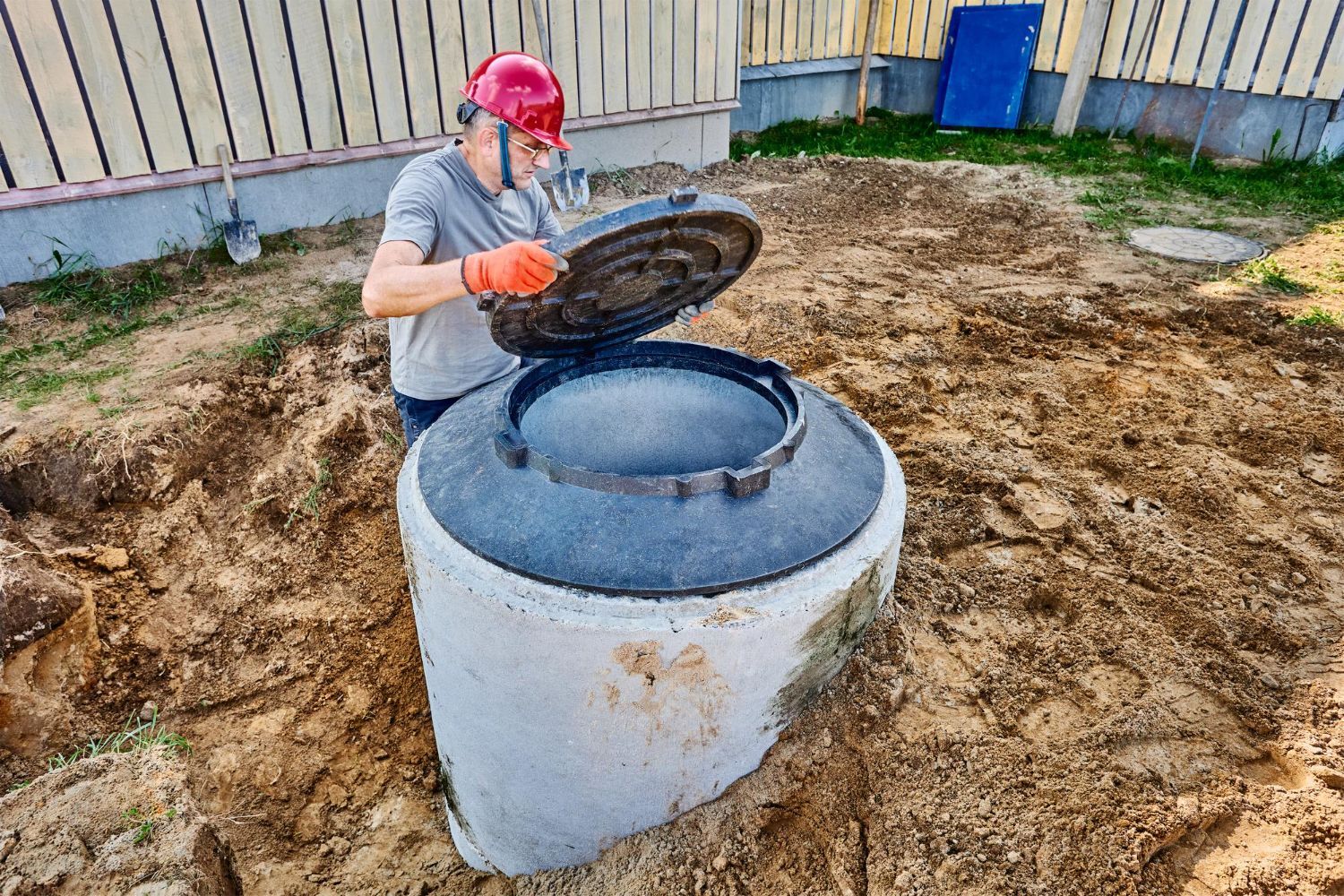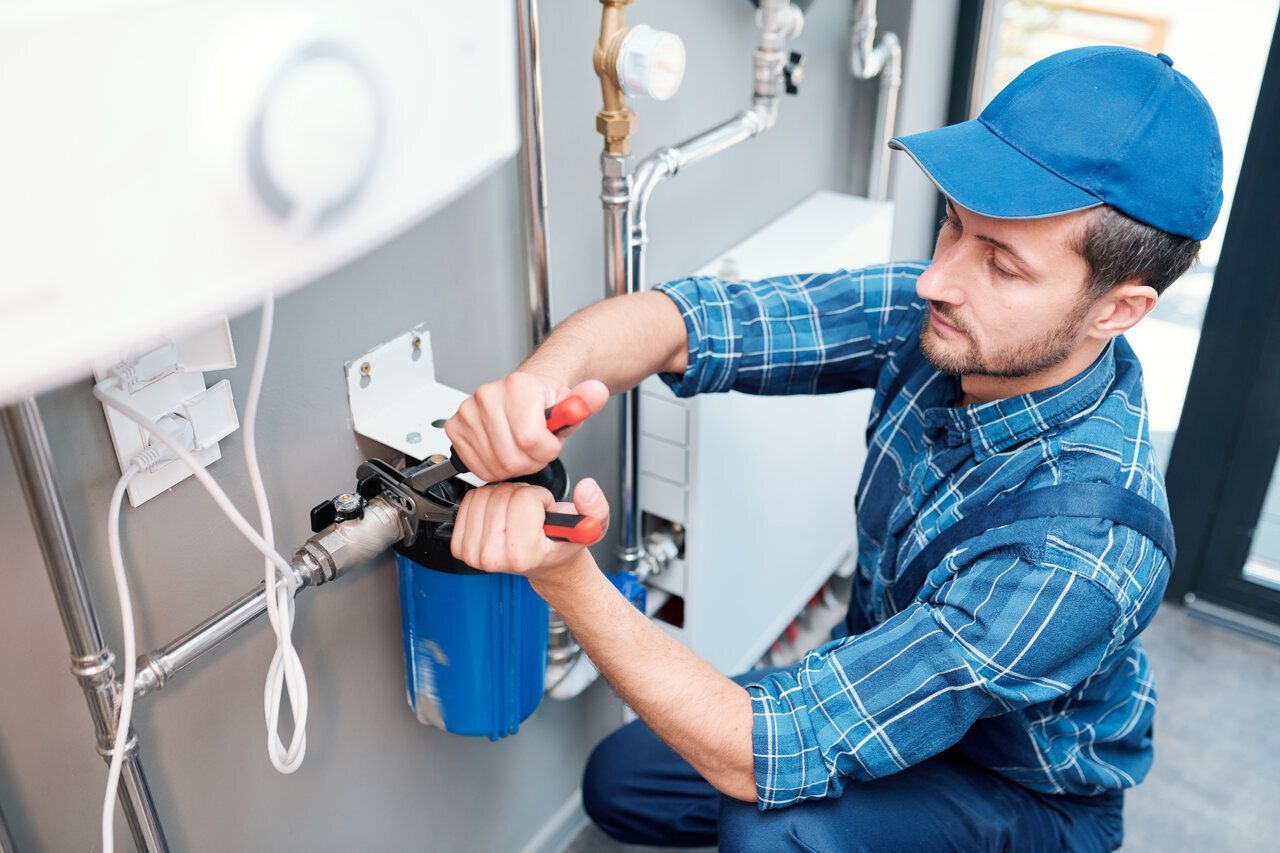Essential Plumbing Maintenance for Homeowners
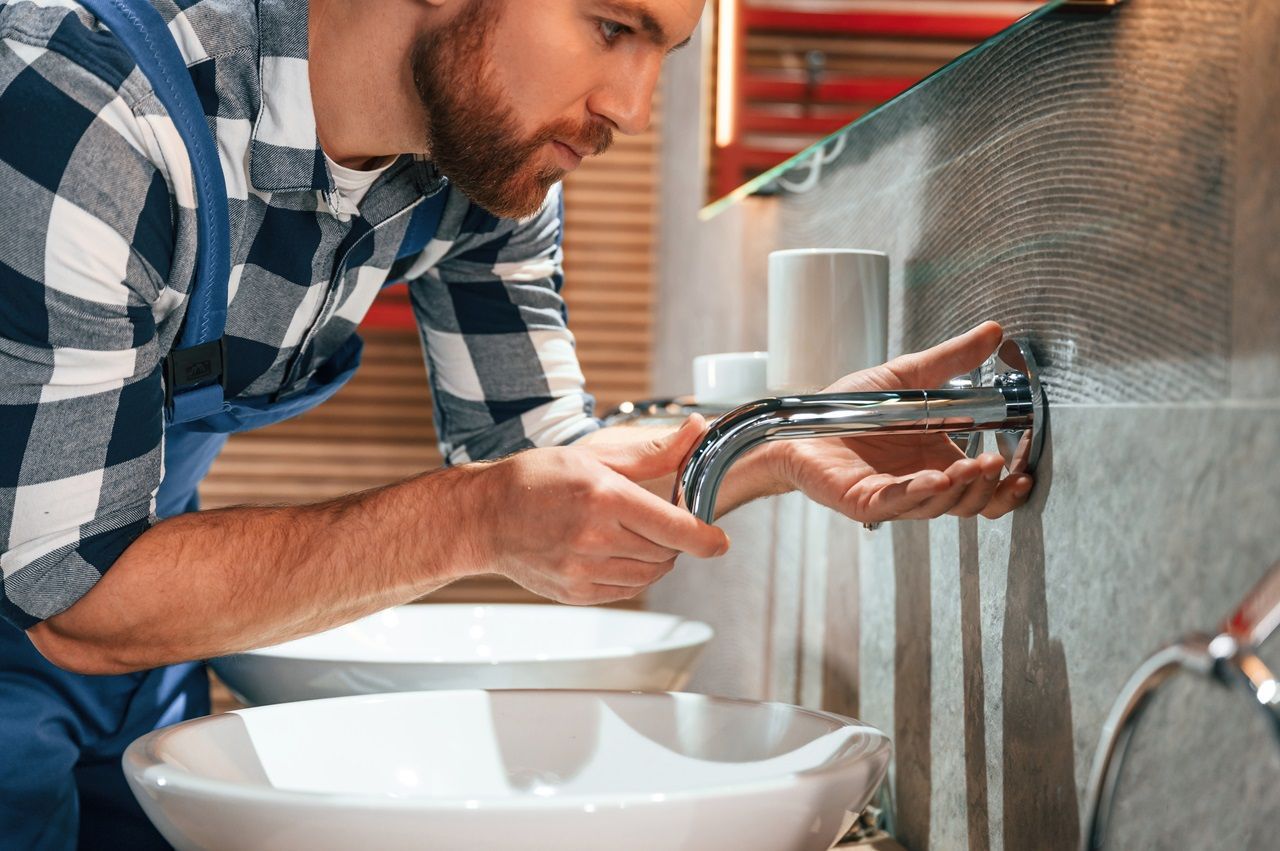
Understanding your home's plumbing system is crucial for preventing issues and maintaining a smooth operation. This system is responsible for bringing clean water into your house and taking wastewater away. It includes various components such as pipes, valves, fixtures, and fittings. Knowing how these parts work together helps you catch problems early, saving you from costly repairs and water damage.
Performing routine plumbing inspections can significantly reduce the chances of severe complications. Simple tasks like checking for leaks, inspecting pipes, and ensuring proper water flow can make a big difference. Keeping an eye on your plumbing system ensures its longevity and maintains your home's overall health. Regular maintenance helps you avoid unexpected breakdowns and keeps everything running efficiently.
While some plumbing tasks can be done by yourself, there are times when calling a professional plumber is necessary. Professionals have the expertise and tools to handle complex issues that may be beyond your capabilities.
Knowing when to seek professional help can save you from further damage and extensive costs. Our aim is to provide you with the knowledge to handle basic plumbing tasks and the wisdom to know when it's time to bring in the experts.
Understanding How Your Septic System Works
A septic system is a crucial part of how your home manages wastewater. It consists of a septic tank and a drain field. Wastewater from your household flows into the septic tank, where solids settle at the bottom, and scum rises to the top. Natural bacteria in the tank break down these solids, reducing the volume of waste.
The liquid, called effluent, then flows into the drain field. Here, soil and gravel filter the water, removing harmful bacteria and nutrients. These components work together to ensure the water is safely returned to the environment. Knowing how this system operates helps you understand the importance of regular maintenance and prompt repairs to keep everything functioning smoothly.
Routine Inspections: What to Look For
Routine inspections are vital in maintaining your septic system's health. During inspections, we check for signs of a full or failing septic tank, such as slow drains, gurgling sounds in plumbing, or unpleasant odors in your yard. We also look for signs of standing water around the drain field, which could indicate a clog or failure in the system.
Inspecting your septic system every three years keeps it in good working order. During the inspection, we check the levels of sludge and scum in the tank and assess the overall condition of the tank and the drain field. These steps are essential for identifying potential issues before they become major problems, ensuring the longevity and efficiency of your septic system.
When to Call a Professional Plumber
While handling minor sewer issues is often manageable, certain situations require the expertise of a professional plumber. If you notice multiple slow drains in your home, it could indicate a significant blockage or damage within the main sewer line. This problem needs professional attention, as it involves specialized tools and techniques.
Sewer odors in your home can signify a break or leak in the system. Professionals are equipped to locate and repair these issues effectively. Water backing up into lower-level fixtures such as toilets, floor drains, and bathtubs suggests a serious blockage. If left untreated, it could lead to extensive water damage and health hazards. Regular sewage backups or flooding indicate a persistent problem that needs immediate professional intervention.
Hiring a professional plumber ensures accurate diagnosis and long-term solutions. Attempting to tackle severe issues without proper knowledge and tools can worsen the condition, leading to more costly repairs down the line.
Tips for Preventing Future Sewer Problems
Preventing future sewer problems requires proactive measures and regular maintenance. Here are some simple tips to keep your sewer system in top shape:
1. Routine Maintenance: Schedule regular inspections and cleanings to remove build-up and sediments.
2. Use Drain Guards: Install guards in sinks and showers to catch debris and prevent clogs.
3. Proper Waste Disposal: Avoid flushing items like wipes, diapers, or sanitary products. Dispose of fats, oils, and grease in the trash, not down the drain.
4. Tree Roots: Be mindful of tree roots near your sewer lines. Roots can infiltrate and cause significant damage over time.
5. Regular Inspections: Have a professional inspect your sewer system annually to detect and address potential issues early.
By adopting these habits, you can minimize the risk of serious sewer problems and extend the lifespan of your plumbing system.
Plumbing Care: Tips for a Healthy Home
Maintaining a healthy sewer system is essential for keeping your home safe and functional. Recognizing common sewer problems, applying DIY solutions where appropriate, and knowing when to call a professional are key steps in managing your home's plumbing effectively. Regular preventive measures can help you avoid major issues and ensure that your system operates smoothly.
If you need professional assistance with your
plumbing or sewer systems in Holmdel, NJ, Apollo Sewer & Plumbing is here to help. Contact us to schedule an inspection or service and ensure your home remains trouble-free!

